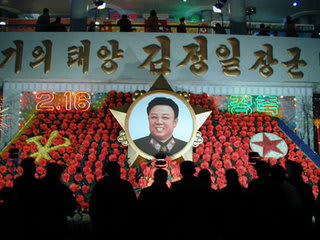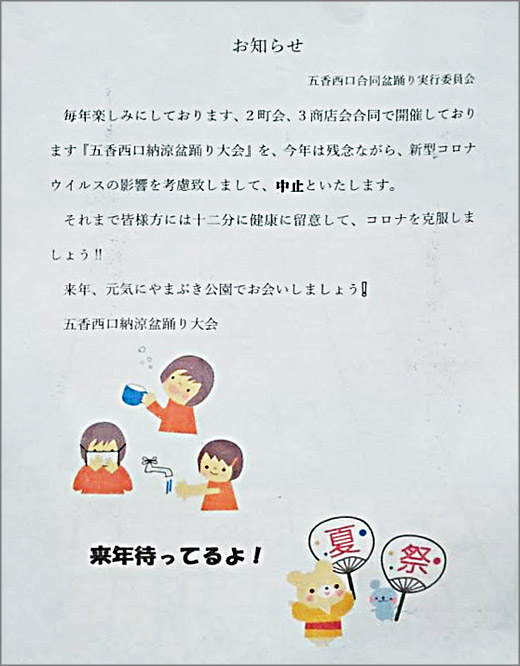Abstract: “Hume’s Tensions in Fictions”
Hume seems confident with the psychological accounts given in Book One of the Treatise, as he says in the last section of Book One, “Conclusion of this book,” they were reached by “the most accurate and exact of my reasonings.” But the problem is that the imagination is after all a faculty that produces fictions and what Hume calls “trivial suggestions,” often leading us to “errors, absurdities, and obscurities.” Clearly, the workings of the imagination and its “fictions” are central, or everything, to Hume’s psychological explanations for various beliefs and ideas, including the so-called natural beliefs and even the notions and suppositions that the philosopher postulates such as the supposition of substance and the theory of double existence. Hume criticizes and rejects the latter, but his explanations for the former are supposed to be his positive contributions to “the science of human nature.” There lies the first tension.
There is another tension, which I don’t think Hume himself was aware of, that is, a tension in the content of our fundamental, natural beliefs: where do they derive their contents, if any? Even if they are fictions produced by the imagination, they must have some determinate contents intelligible to us to be our beliefs. To say there is a tension here, what I attempt to show is that Hume’s psychological mechanisms cannot provide any content to those beliefs, leaving them unintelligible to us just like the philosopher’s suppositions.
The purposes of this paper are the following: to provide a focused discussion of the acts of the imagination and its fictions, to reveal Hume’s tensions with those fictions, and to see if Hume could consistently ease those tensions. Hume may be able to ease the first tension by making distinctions among the acts of the imagination, as he does. But, the second tension may not be resolvable, which could pose a significant problem for Hume because that would mean that he in fact fails in the most important project of Book One.
















